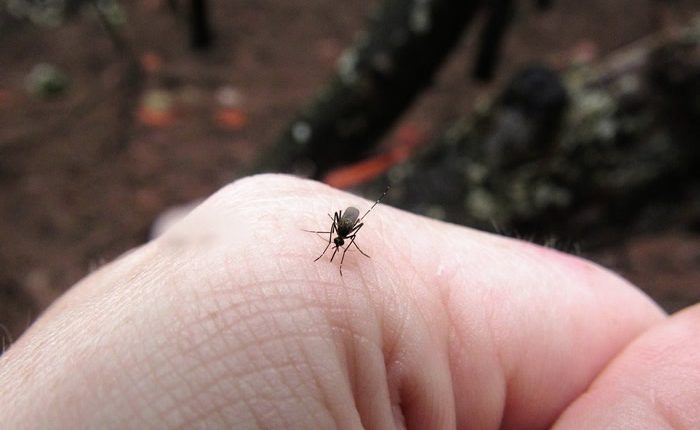During monsoons, the chances of you coming face to face with a few insects are always there. And when you come face to face with such insects, there is always the chance that you might either get bitten or stung. However, the good thing is that these stings and bites can easily be addressed to when one knows the right techniques and medicines to use.
What goes into attending to a sting/bite?
The first thing you need to determine before you decide to provide first aid to the bite or sting area is what kind of insect has caused that particular sting or bite. Some of the most common insects that can be found during monsoons are mosquitos, bees and spiders.
Essentially the only reason that you feel the sting or bite is due to the fact that your body ends up reacting to the venom or proteins present in the saliva of the insect in question. There are many symptoms that can accompany a bite or a sting.
- Itching
- Pain
- Swelling
- Redness
- Burning sensation
In case of severe allergic reactions, there are a few symptoms that you will be able to observe.
- Breathing issues
- Nausea
- Vomiting
- Swelling of the face or neck.
So what should the first aid treatment include?
- If one is facing a sting, then the first thing that needs to be checked is whether the stinger of the insect is still attached to the bite area or not.
- If that is the case, then one needs to use a flattish object to help scrape the stinger off of the wound area. Do not think of using a tweezer as it might trigger stinger to release more venom into your skin.
- Post the removal of the stinger, clean wound site properly using soap and water
- If there are pain and swelling at the site of the bite, then use an ice pack to on the site to reduce it
- If you have calamine lotion at home, then apply it to the wound site. However, you can also apply a paste of baking soda and water throughout the course of the day.
However, if the case seems to be that of a severe allergic reaction, then it is always better to rush to a doctor or hospital nearest to your location as severe allergic reactions can prove to be quite dangerous. Always remember, it is better to be safe than sorry! Don’t let the fear of a few stings or bites ruin your chances of enjoying the monsoons though!

